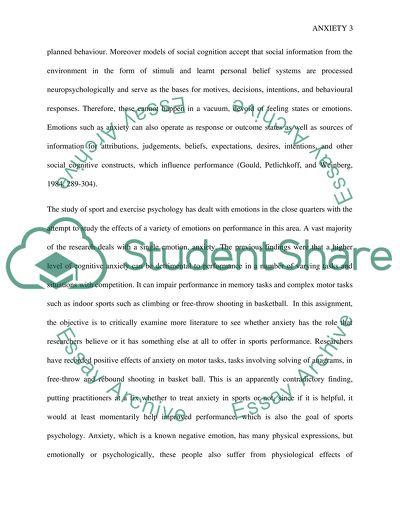Cite this document
(“Anxiety in Sports Essay Example | Topics and Well Written Essays - 1000 words”, n.d.)
Anxiety in Sports Essay Example | Topics and Well Written Essays - 1000 words. Retrieved from https://studentshare.org/psychology/1512986-anxiety-in-sports
Anxiety in Sports Essay Example | Topics and Well Written Essays - 1000 words. Retrieved from https://studentshare.org/psychology/1512986-anxiety-in-sports
(Anxiety in Sports Essay Example | Topics and Well Written Essays - 1000 Words)
Anxiety in Sports Essay Example | Topics and Well Written Essays - 1000 Words. https://studentshare.org/psychology/1512986-anxiety-in-sports.
Anxiety in Sports Essay Example | Topics and Well Written Essays - 1000 Words. https://studentshare.org/psychology/1512986-anxiety-in-sports.
“Anxiety in Sports Essay Example | Topics and Well Written Essays - 1000 Words”, n.d. https://studentshare.org/psychology/1512986-anxiety-in-sports.


